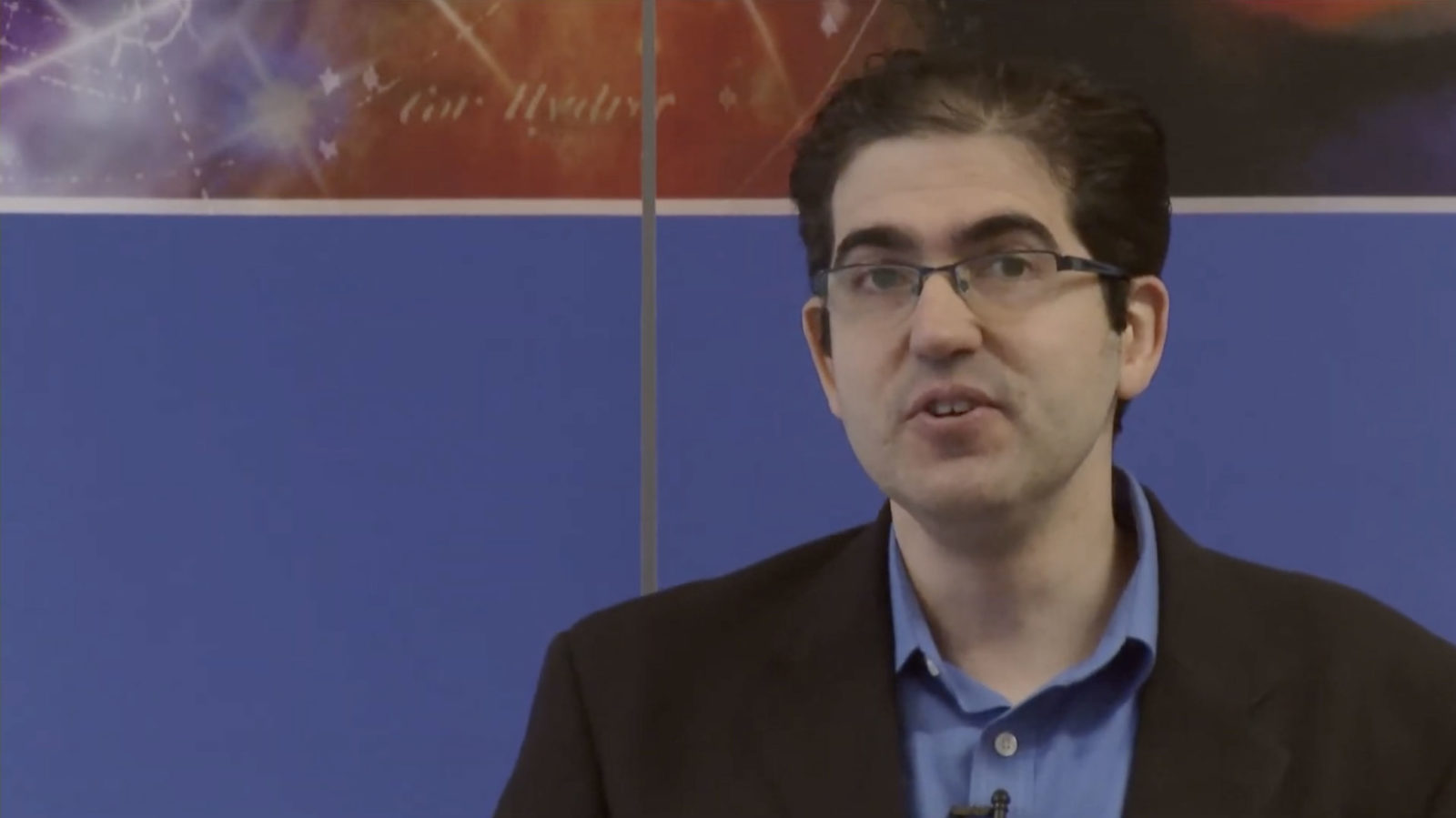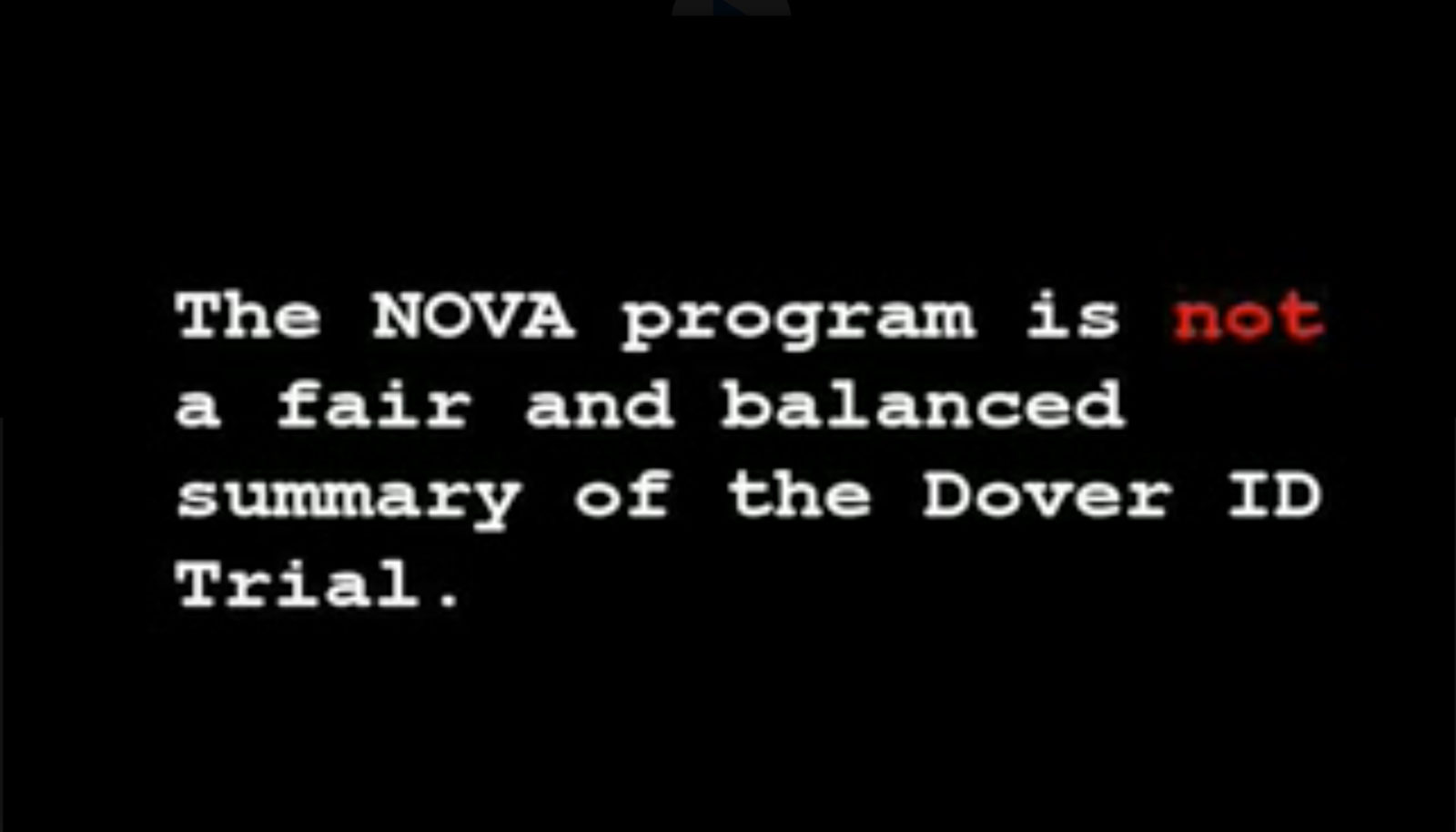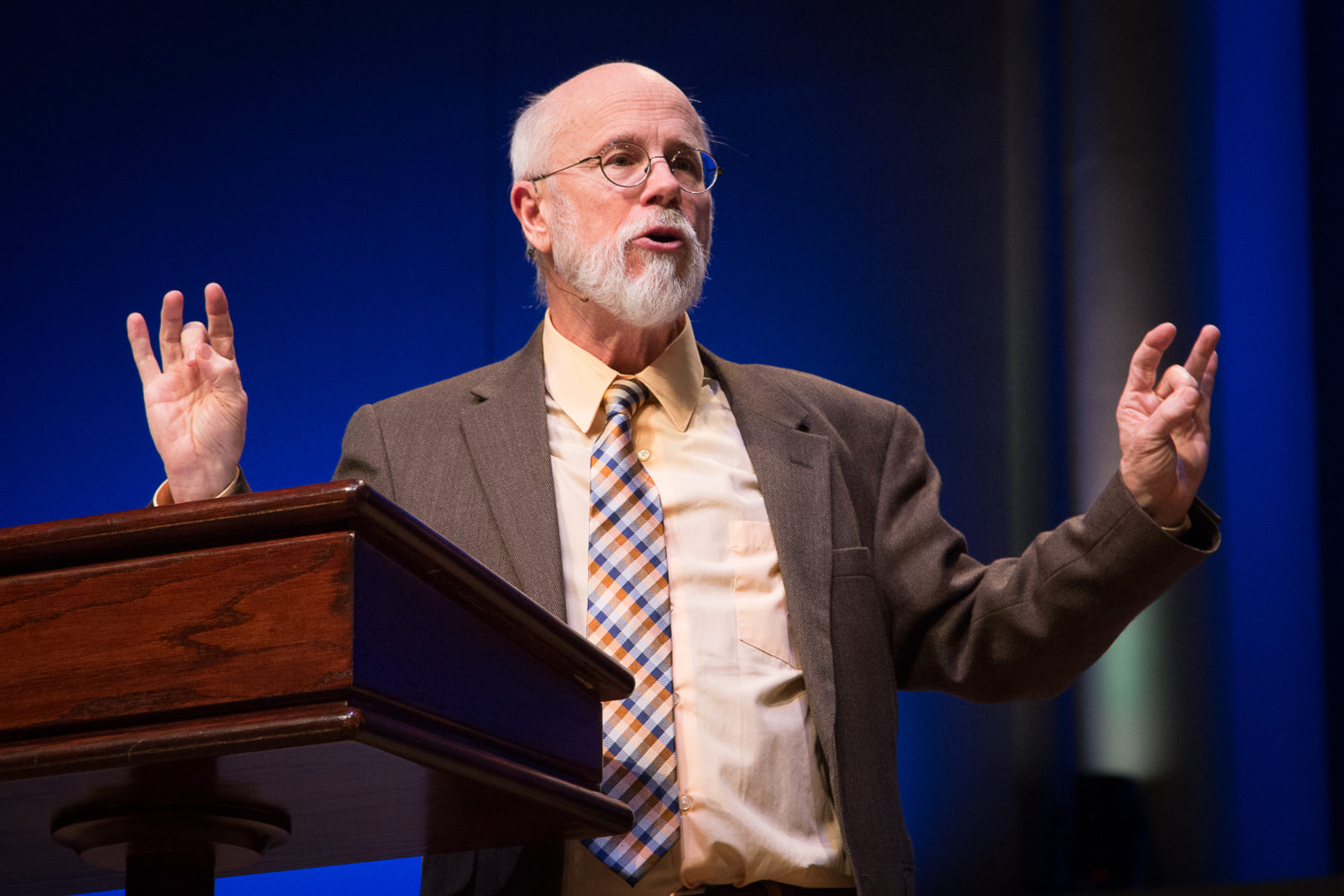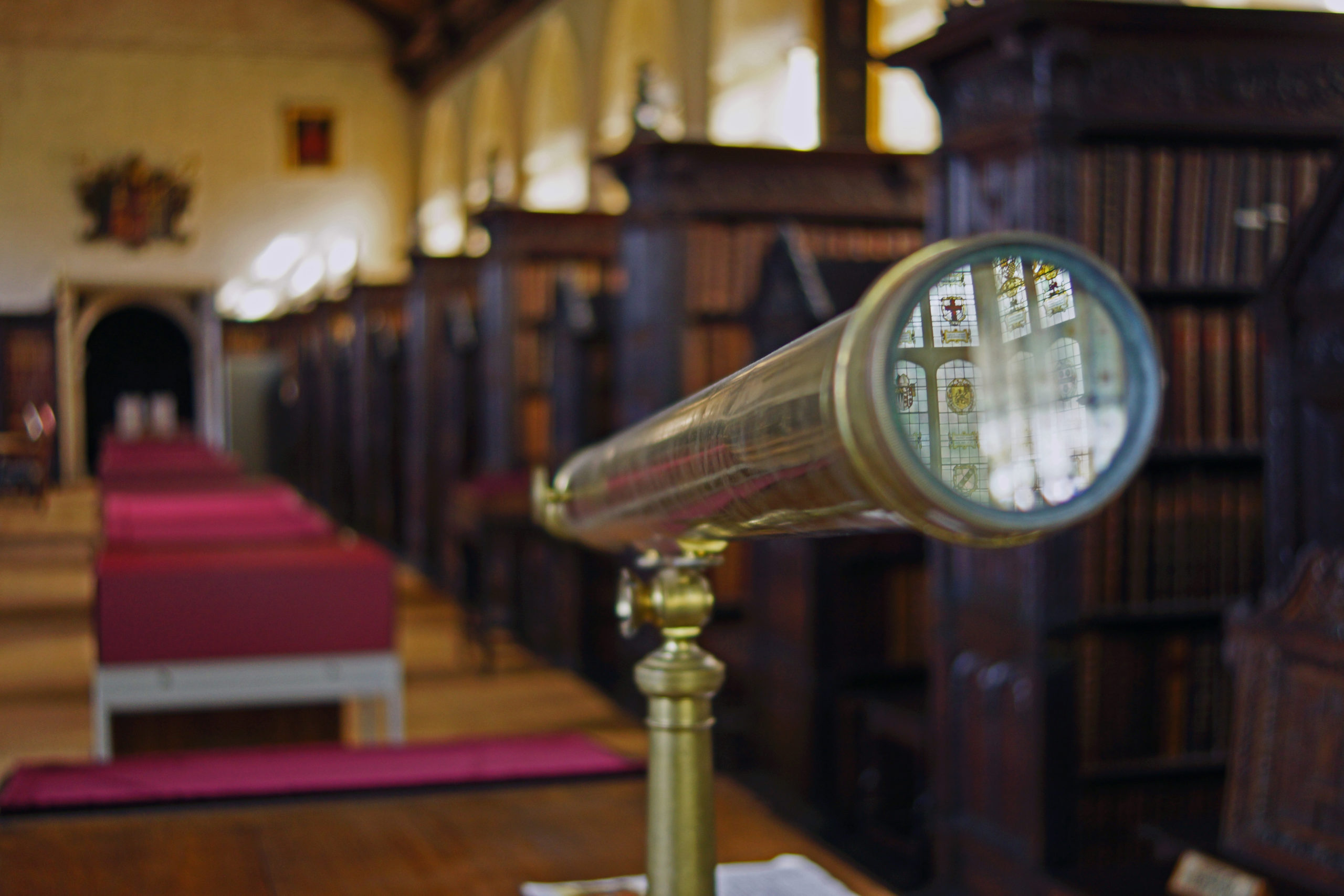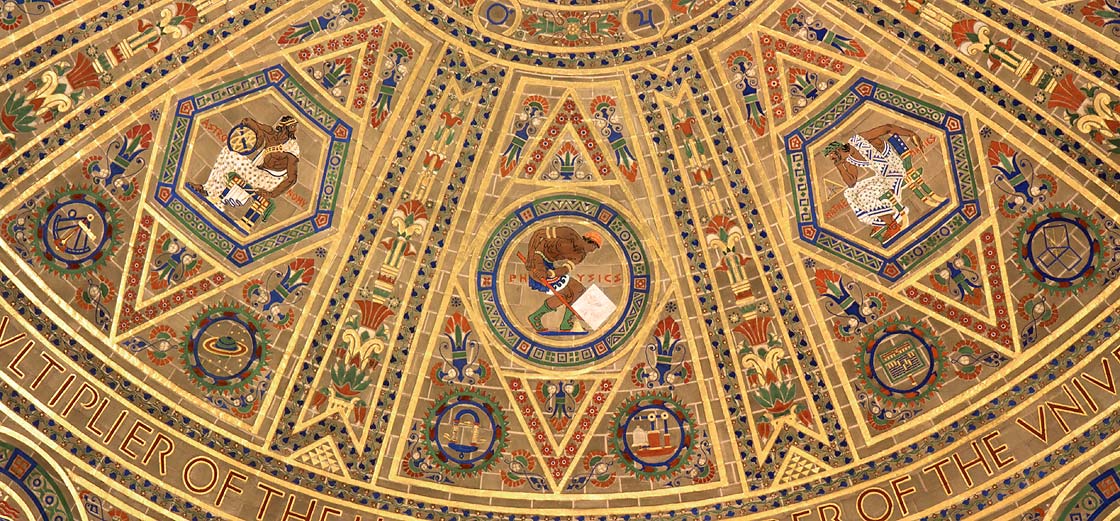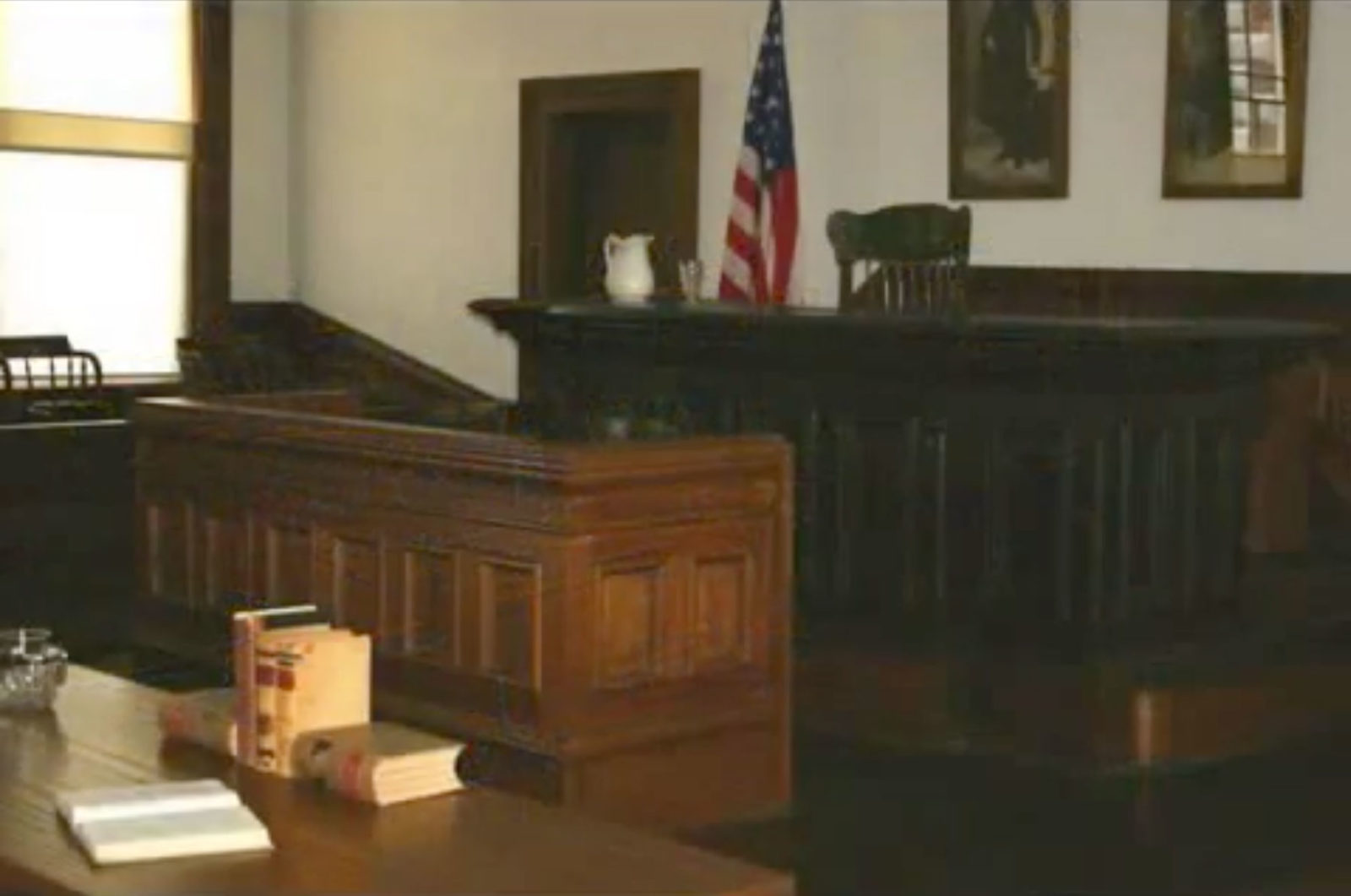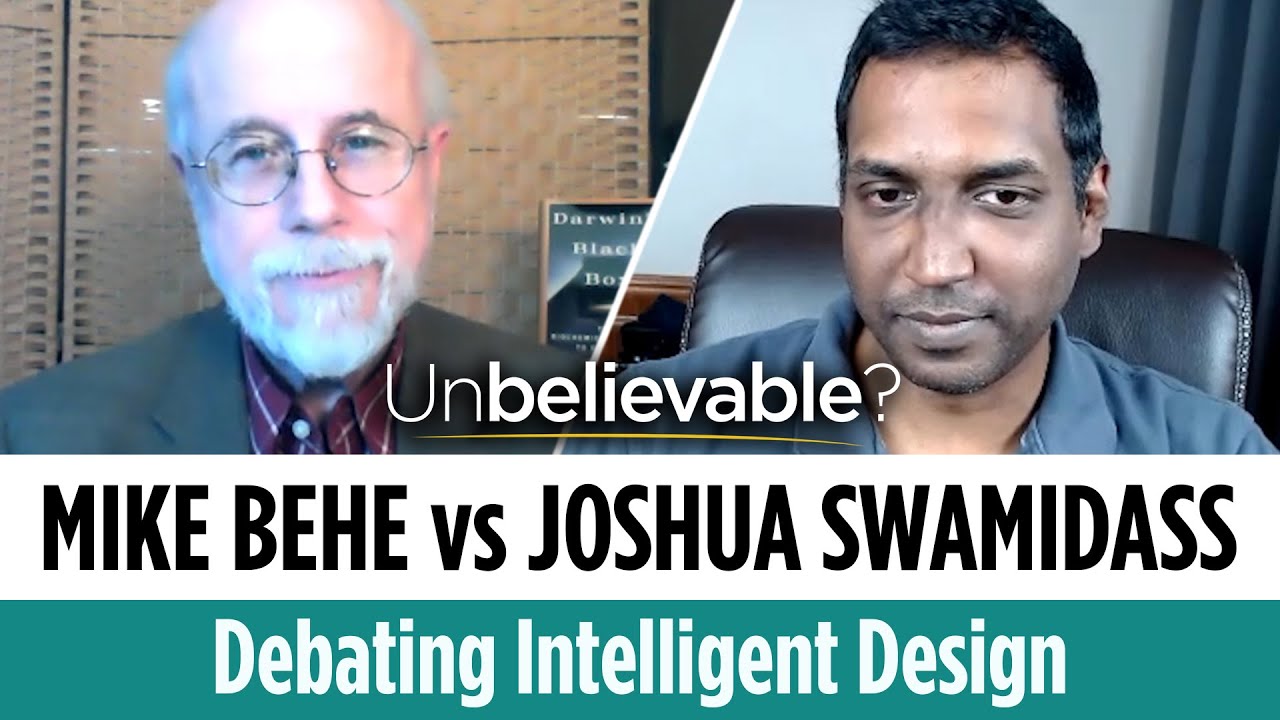
The Kitzmiller v. Dover Trial and Intelligent Design Fifteen Years On
In 2005 a high profile trial saw the Dover School District taken to court for promoting Intelligent Design (ID) as an alternative theory to evolution in classrooms. 15 years on Mike Behe, a prominent biochemist and ID advocate who took the stand as a defence witness, talks about what the case meant for the ID movement. Joshua Swamidass is a Read More ›
